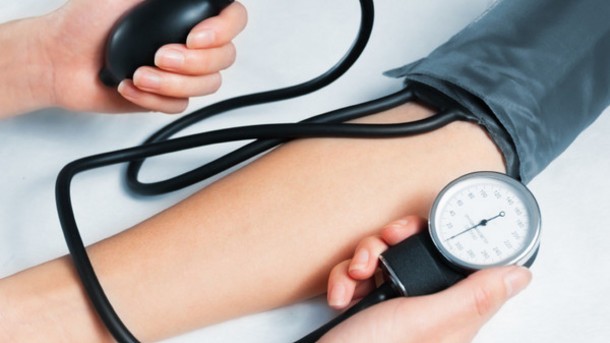High blood pressure, or hypertension, rarely has noticeable symptoms. But if untreated, it increases your risk of serious problems such as heart attacks and strokes.
Blood pressure is recorded with two numbers. The systolic pressure (higher number) is the force at which your heart pumps blood around your body.
The diastolic pressure (lower number) is the resistance to the blood flow in the blood vessels. They’re both measured in millimetres of mercury (mmHg).
As a general guide:
- High blood pressure is considered to be 140/90mmHg or higher
- Ideal blood pressure is considered to be between 90/60mmHg and 120/80mmHg
It’s not always clear what causes high blood pressure, but certain things can increase your risk.
You’re at an increased risk of high blood pressure if you:
- Are over the age of 65
- Are overweight or obese
- Are of African or Caribbean descent
- Have a relative with high blood pressure
- Eat too much salt and don’t eat enough fruit and vegetables
- Don’t do enough exercise
- Drink too much alcohol or coffee (or other caffeine-based drinks)
- Smoke
- Don’t get much sleep or have disturbed sleep


